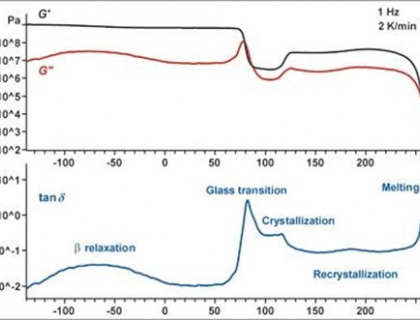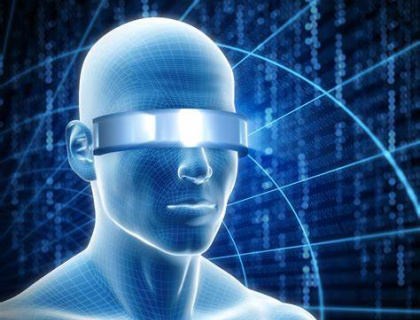Product lifecycle management (PLM) is a set of processes and technologies used to manage a product throughout its entire lifecycle, from conception and design through development, manufacturing, and eventually disposal. In mechanical engineering, PLM is used to manage every aspect of a product's development from ideation to production, including design and engineering, manufacturing and assembly, maintenance and repair, and end-of-life support. PLM systems provide a centralized platform for all stakeholders involved in the development of a product, including engineers, designers, suppliers, and customers, to collaborate and track the progress of the product at each stage of its lifecycle. As a result, PLM helps companies improve product quality, reduce time-to-market, and increase profitability.

Mechanical analyses refer to the study and characterization of the physical properties of materials or systems under mechanical stress, deformation or loading.
Read moreMechanical analyses refer to the testing or analysis of the mechanical properties and behavior of materials or structures under applied stress, deformation, or load.
Read more
Virtual reality (VR) is a technology that allows users to experience a computer-generated 3D environment as if they were present within it. In the context of design offices, VR can be used to enhance the design process by providing designers with an immersive, interactive, and collaborative environment in which to view and evaluate their designs.
Read more